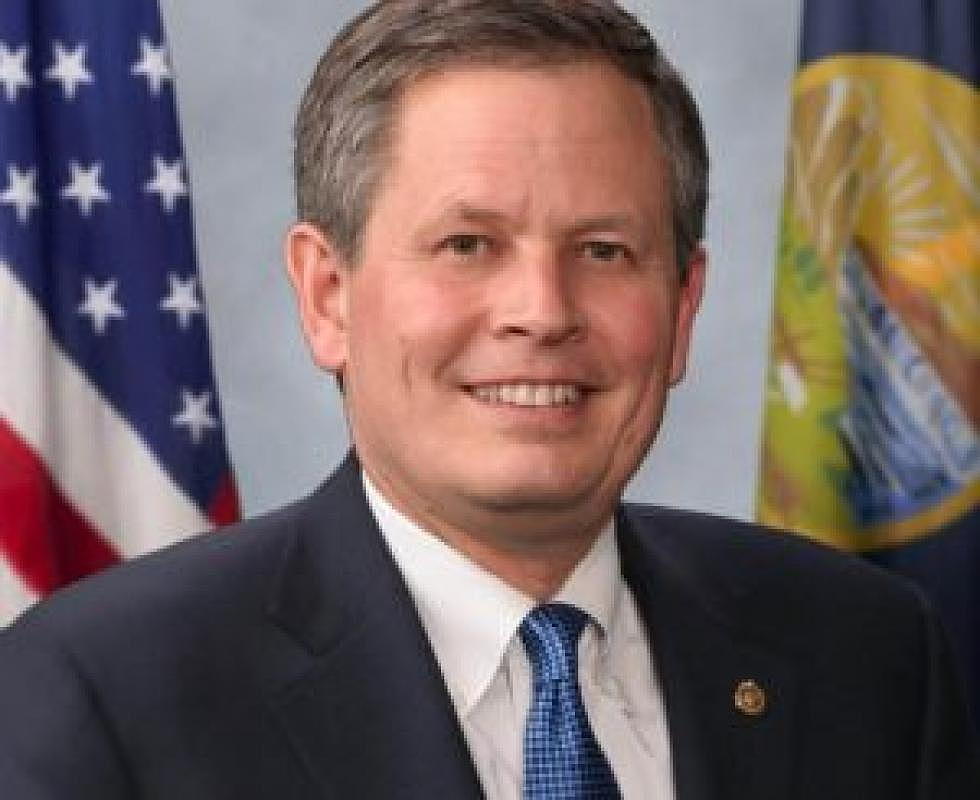
Sen. Daines, Trump meet on trade: “We all want to avoid a trade war”
Sen. Steve Daines joined a handful of congressional leaders at the White House on Thursday to encourage President Donald Trump to re-engage in the Trans Pacific Partnership and avoid a trade war with China, even as administration officials work to negotiate a new trade deal.
Daines, who recently returned from China, said America's farmers and ranchers have the most to lose in a trade war with the world's second largest economy, though he also believes that China's trade policies and its theft of intellectual property must be addressed.
“If there's someone who's a master negotiator, it's President Trump, and he's in the process now of negotiations,” Daines said. “We all understand and he understands that the consequences of a trade war would be potentially harmful, particularly to farmers and ranchers. We made that very clear to him today. But his tougher stand is bringing China to the table. We've got to think about this long term.”
Daines joined Trump's top economic adviser, Larry Kudlow, and U.S. trade representative Robert Lighthizer, along with delegates from Nebraska and Iowa, for Thursday's meeting at the White House, where economic policies and trade took center stage.
A year after Trump removed the U.S. from the Trans Pacific Partnership, Daines joined 22 other senators in sending the president a letter urging him to re-engage in Pacific trade and push for friendlier trade policies for the U.S.
Daines said increased economic engagement with the 11 nations currently in the TPP could serve as a boon to U.S. businesses, create jobs and generally boost the U.S. economy. If the U.S. doesn't engage, he said, China will.
Daines said Trump asked him Thursday to resend the letter he originally sent in February.
“A TPP deal is a huge win, I believe, for agriculture, and it puts more pressure on China because they're not part of TPP,” Daines said. “It brings more of a multi-lateral approach as we look to isolate the problems we’re facing with China as it relates to imbalances in trade and the theft of intellectual property.”
Daines said past administrations have tried and failed to address the trade imbalance with China. Tariffs placed on U.S. automotive imports to China don't match the lesser tariffs placed on Chinese imports to the U.S.
While the threat of increasing tariffs in a potential trade war doesn’t bode well for U.S. workers, Daines said, such imbalances must be addressed. He said Trump understood the potential consequences of a trade war.
“He's shaking things up over in Asia, and they need to be shook up,” Daines said. “We need to have reciprocity. President Trump is confronting this behavior that's been unfair to American workers.”
Daines added that NAFTA negotiations are proceeding well. He expects an announcement in the months ahead and believes the U.S. will get “a much better deal.”
“That would be very significant to put that to bed,” Daines said. “It gives us momentum related to discussions with the trade dispute with China.”
